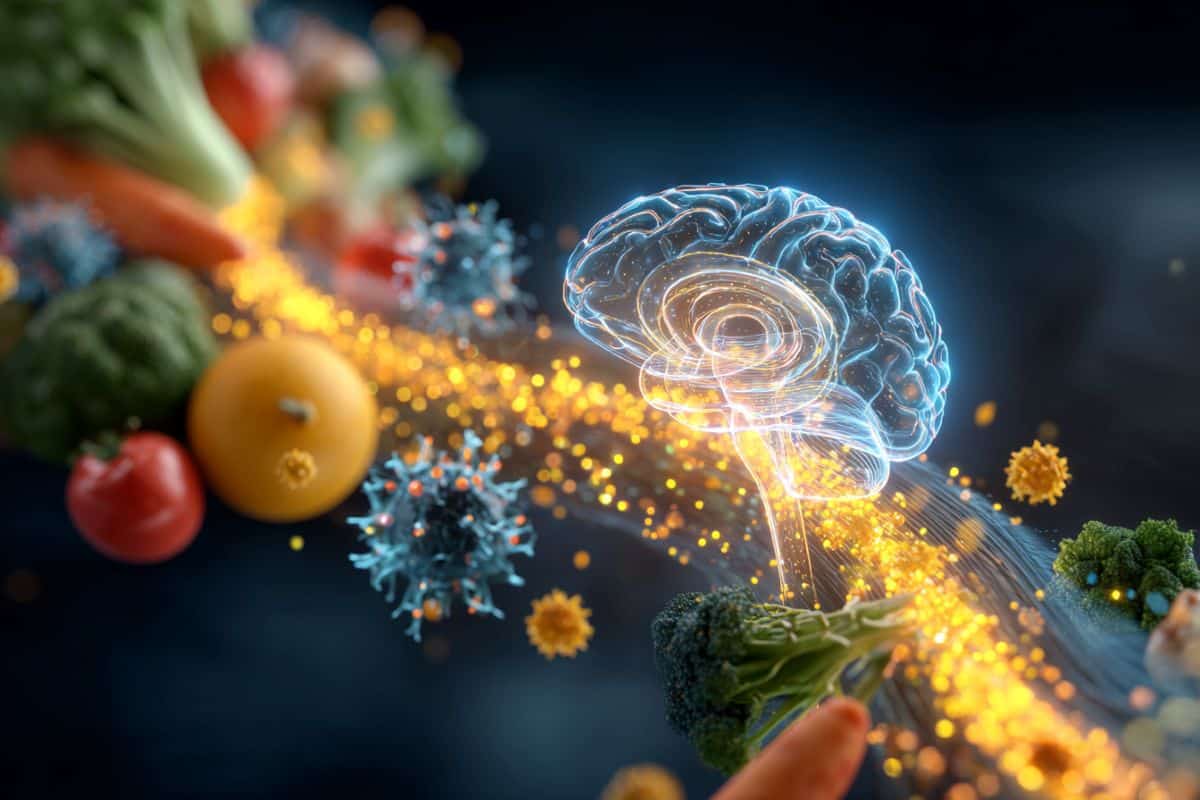Older adults who eat two eggs a week may be less likely to develop Alzheimer’s disease, a new study claims.
Researchers from Boston, Washington DC and Chicago found that the presence of several nutrients, particularly choline in the breakfast staple can help lower the risk of the progressive disease.
Choline is an essential nutrient for liver development, healthy brain development, muscle movement, maintaining nervous system health and metabolism.
While previous research has suggested that eating eggs may support cognitive performance, this new study has been able to find that the choline in eggs can reduce the risk of Alzheimer’s-related dementia by 40 percent.
Alzheimer’s disease is believed to be caused by the development of plaques created by protein cells in the brain, which damage and kill cells.
But now, scientists believe that choline can protect the brain cells from decay and damage, therefore reducing a person’s risk of developing the disease.
Alzheimer’s disease is the most common form of dementia and primarily affects people over the age of 65.
More than 7.2 million adults among that age bracket in the US are currently living with the condition, and over 100,000 die from it each year.

Older adults who eat eggs more than once a week may be less likely to develop Alzheimer’s disease, a new study claims
The Alzheimer’s Association warns that nearly 13 million Americans may be affected by 2050.
While there is no clear cause of the disease, experts believe that cases of Alzheimer’s are set to increase in the future due to genetic mutations and lifestyle choices, such as physical inactivity, unhealthy diet and social isolation.
To find the link between consuming eggs and the potential decrease in the risk of developing Alzheimer’s, the researchers analyzed data from 1,024 dementia-free people.
The participants were asked to fill in a well-known food frequency questionnaire developed at Harvard University that captures their typical diet over the previous year, including how often they ate eggs.
Once completed, they were followed by the researchers for nearly seven years and underwent yearly assessments for signs of Alzheimer’s dementia.
The scientists divided these participants into four groups based on how often they consumed eggs: less than once per month, one to three times per month, once per week and two or more times per week.
The volunteer’s answers as well as the data from their cognitive tests were then evaluated using various statistical models.
Along with the 1,024 living participants, another 578 participants donated their brains for research after death.

Those who ate eggs once-a-week or two-or-more-times-per-week groups had about half the risk of developing Alzheimer’s dementia compared to those who consumed eggs less than once a month
These brain samples allowed the scientists to assess whether egg intake was related to the presence of dementia-related markers.
It remains unclear if all the deceased participants were suffering from dementia prior to their death.
Results showed that people who ate eggs at least once a week had a lower rate of clinical Alzheimer’s diagnosis than those who ate them rarely.
Specifically, those who ate eggs once-a-week or two-or-more-times-per-week groups had about half the risk of developing Alzheimer’s dementia compared to those who consumed eggs less than once a month.
Participants who ate eggs more frequently also had significantly higher average choline levels over time.
While this observational study did not expand on how choline can decrease the risk of Alzheimer’s disease by up to 40 percent, the scientists theorized that it’s overall protective effect may play a critical role in protecting brain cells from damage.
Choline is a nutrient essential for producing acetylcholine, a neurotransmitter that maintains the brain’s memory and learning capacity.
It also plays a significant role in maintaining and protecting the structure of cell membranes in the brain.
Previous studies have shown that low choline levels in the blood are associated with increased levels of amyloid plaques and tau tangles in the brain – both of which are the main culprits in the development of the Alzheimer’s.

The Alzheimer’s Association warns that by 2050, nearly 13 million Americans may be affected
The plaques and tangles form when amyloid proteins misfold and stick together, forming sticky clumps (plaques) and when tau proteins twist and get tied up (tangles). These toxic buildups block brain cells, or neurons, from sending signals properly.
Over time, this can impair brain functioning and lead to memory and muscle decline. If it persists, this disruption can cause permanent damage in the brain that leads to Alzheimer’s disease.
As the disease progresses, patients may lose the ability to speak, care for themselves or even respond to the world around them.
However, the researchers believe that regularly consuming eggs can maintain choline levels in the body, which in turn can help maintain brain cell health and prevent the formation of amyloid plaques and tau tangles.
Even though the liver produces choline in small amounts, experts say that it is necessary to consume food items such as egg yolks, fish, soybeans and legumes to maintain the required levels of the nutrient in the body.
According to the National Institute of Health, adult women (above the age of 19) need to consume about 425 milligrams of choline per day while adult men need to consume 550 mg of the nutrient every day.
One large hard boiled egg has about 147 mg of choline while half a cup of roasted soybeans contain about 107 mg of the nutrient.
On the other hand, three ounces of pan-fried beef liver contains about 356 mg of choline while three ounces of cooked fresh cod merely has 71 mg of the nutrient.
Source link


